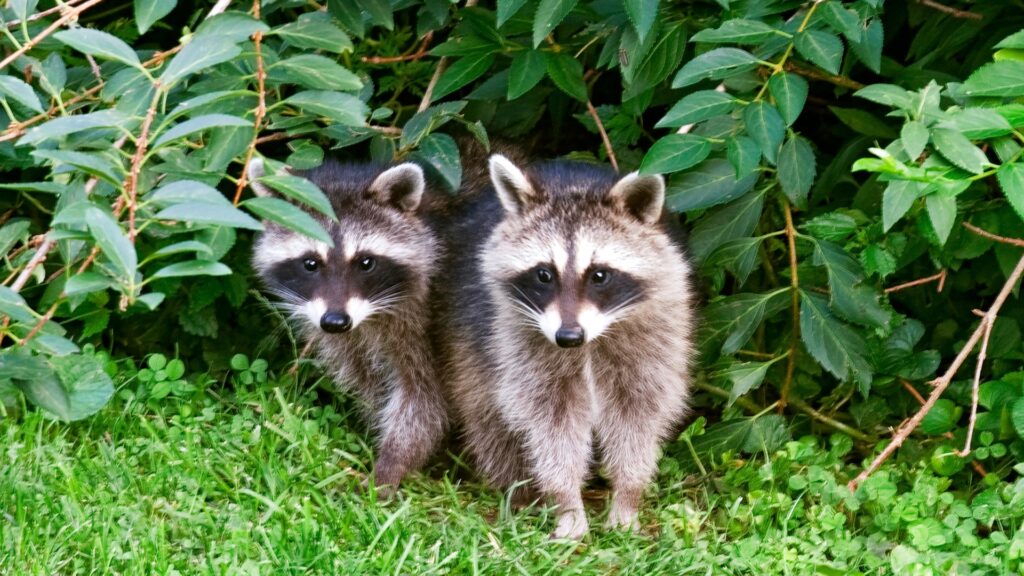
Raccoons are often viewed as nuisances, but many don’t know they play vital roles in our ecosystems. Understanding their benefits can help us appreciate their presence and encourage coexistence rather than wanting to remove them from our yards.
Natural Pest Control
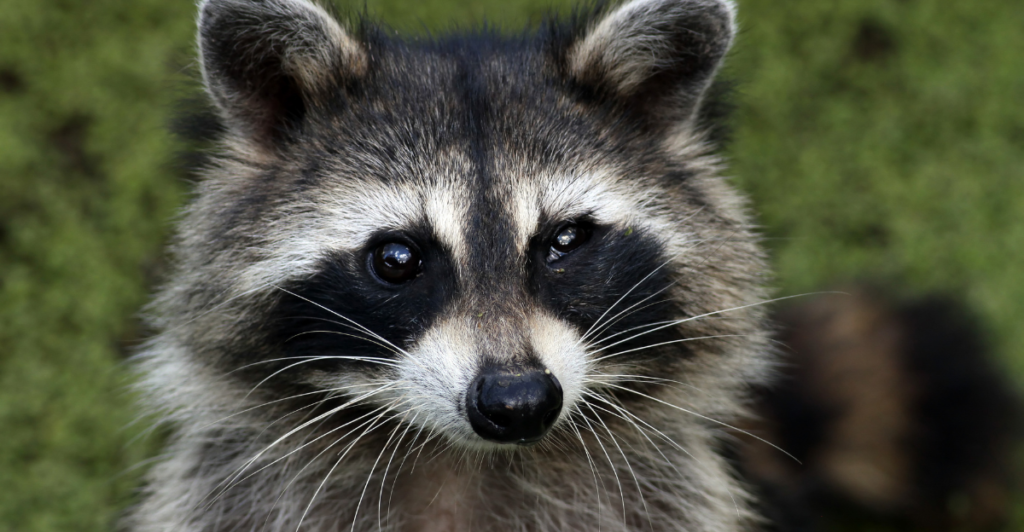
Raccoons are effective natural pest controllers. By preying on pests like rodents and insects, they help manage populations. This natural form of pest control contributes to a healthier environment for your garden and yard, reducing the need for chemical pesticides.
Soil Aeration
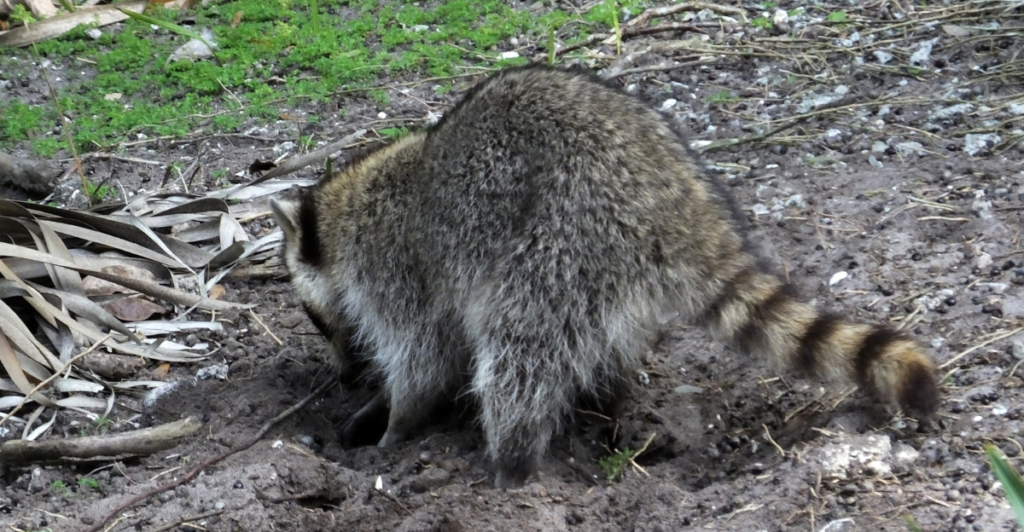
As raccoons dig for food, they aerate the soil in the process. This natural behavior promotes decomposition and enhances soil health, which benefits plant growth in your yard. Healthy soil leads to thriving plants, contributing to a vibrant garden ecosystem.
Seed Dispersal
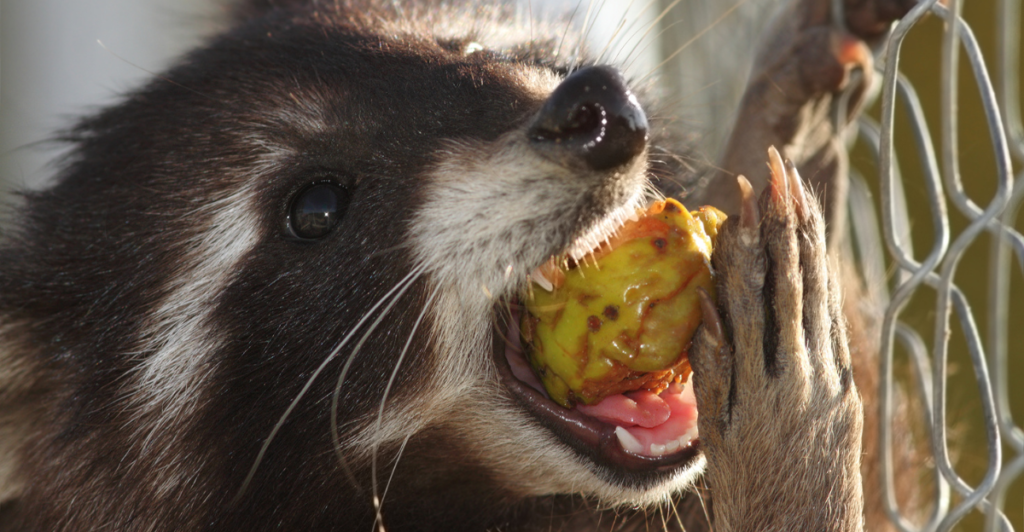
Raccoons are known for consuming fruits and nuts. As they digest these foods, they disperse seeds through their waste. This process helps grow new plants and trees, contributing to local biodiversity and ensuring a rich variety of flora in your area.
Cleaning Up Carrion
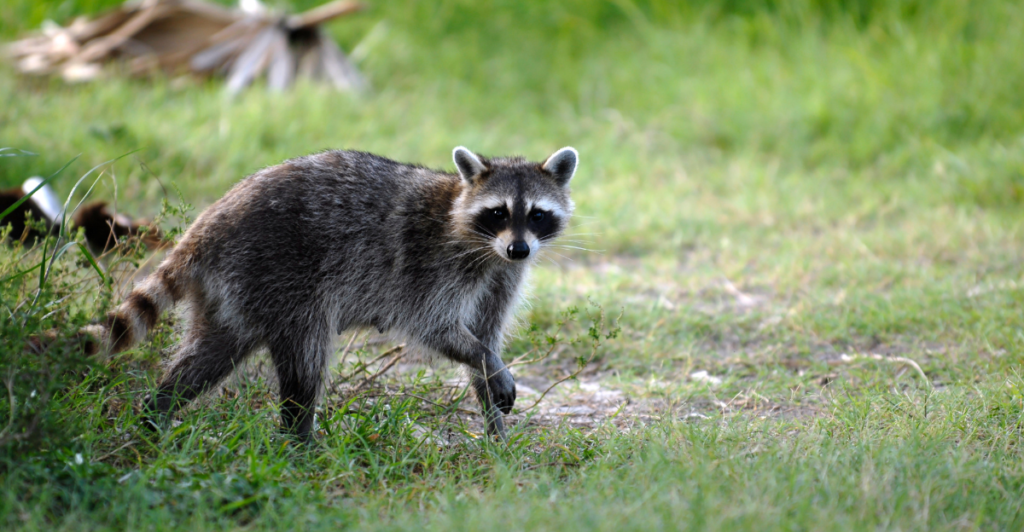
Raccoons are scavengers that eat dead animals. They play an important role in the ecosystem by cleaning up carrion. By consuming decaying matter, they help keep the environment clean and reduce the spread of diseases from decomposing carcasses.
Protecting Pollinators
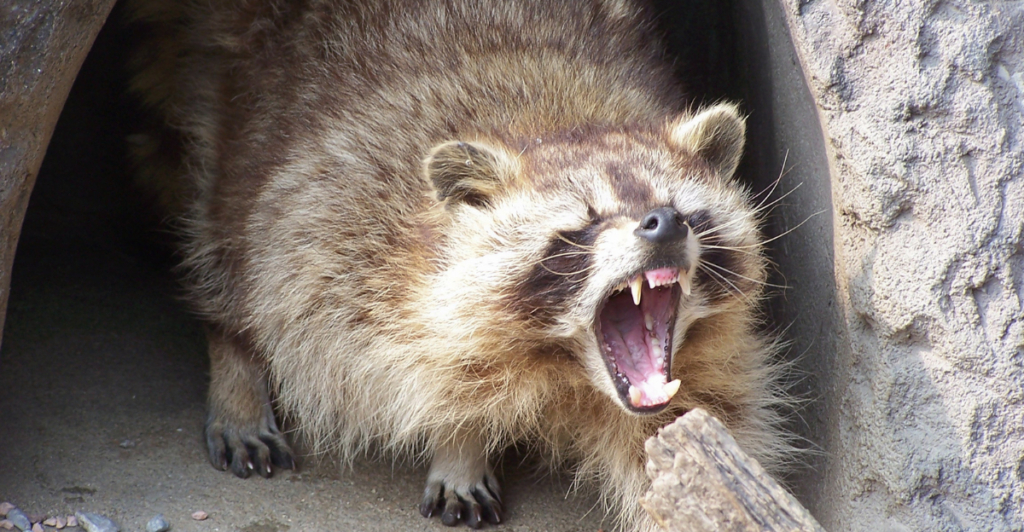
By feeding on wasps and other insects, raccoons indirectly protect bees and other pollinators. This is crucial for maintaining healthy plant life and ecosystems, as pollinators are essential for the reproduction of many flowering plants.
Cultural Significance
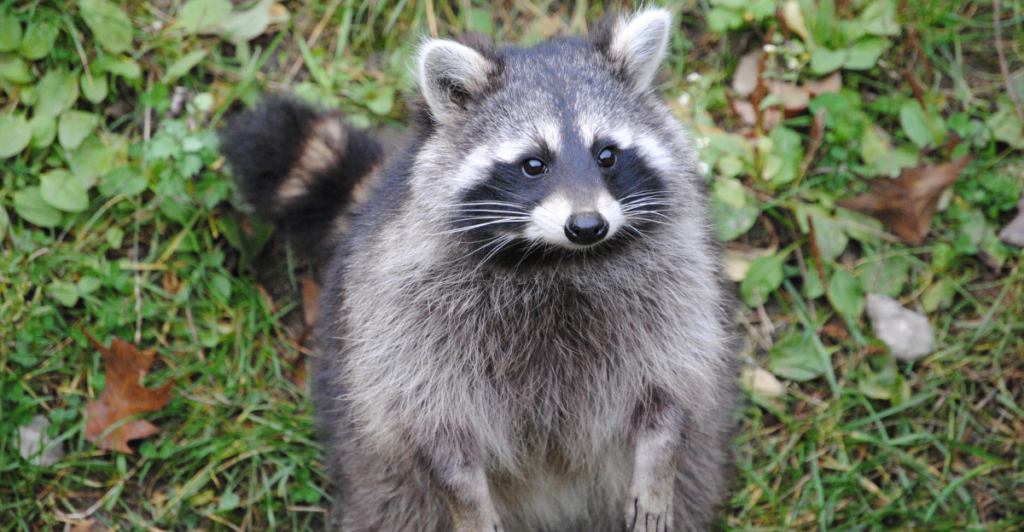
Raccoons hold cultural significance in many communities around the world. They often appear in folklore and stories, symbolizing intelligence, curiosity, and adaptability. Appreciating these cultural connections can enhance our understanding of wildlife.
Educational Opportunities
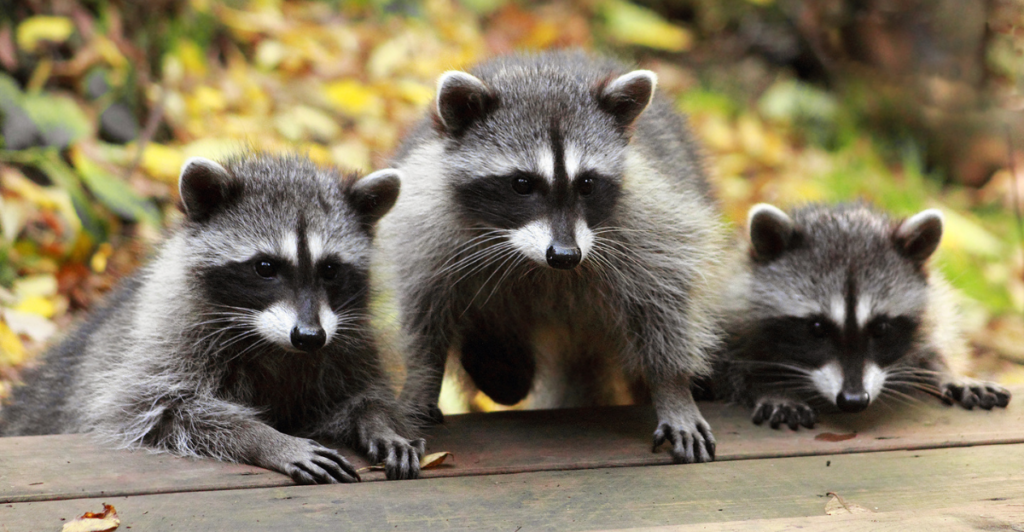
Observing raccoons can provide valuable educational opportunities for families, especially children. Learning about wildlife fosters a sense of respect for nature and encourages curiosity about the environment, leading to greater awareness of ecological issues.
They’re Generally Non-Aggressive
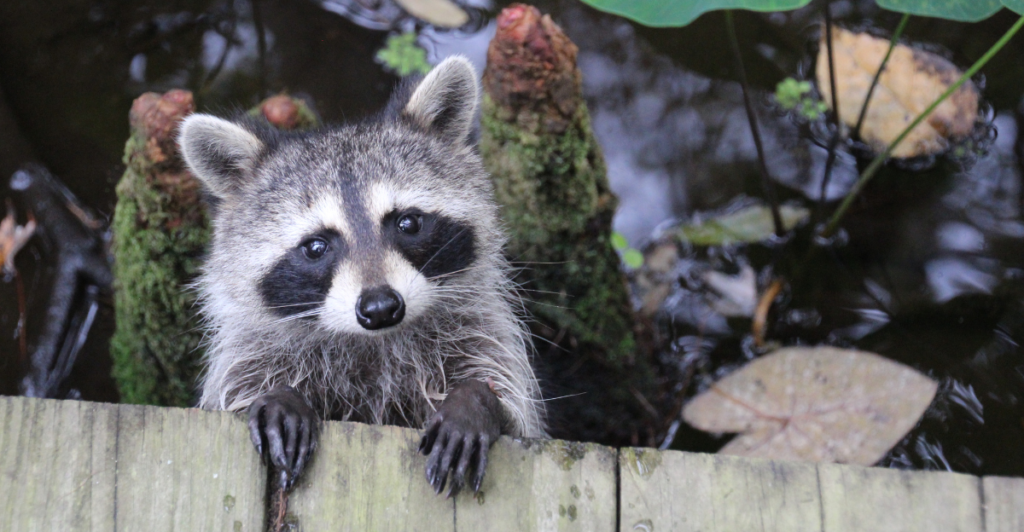
Raccoons are typically non-aggressive creatures if left undisturbed. They prefer to avoid confrontation with humans and will often flee when approached. Understanding this behavior can alleviate fears and promote peaceful coexistence.
Urban Wildlife Benefits
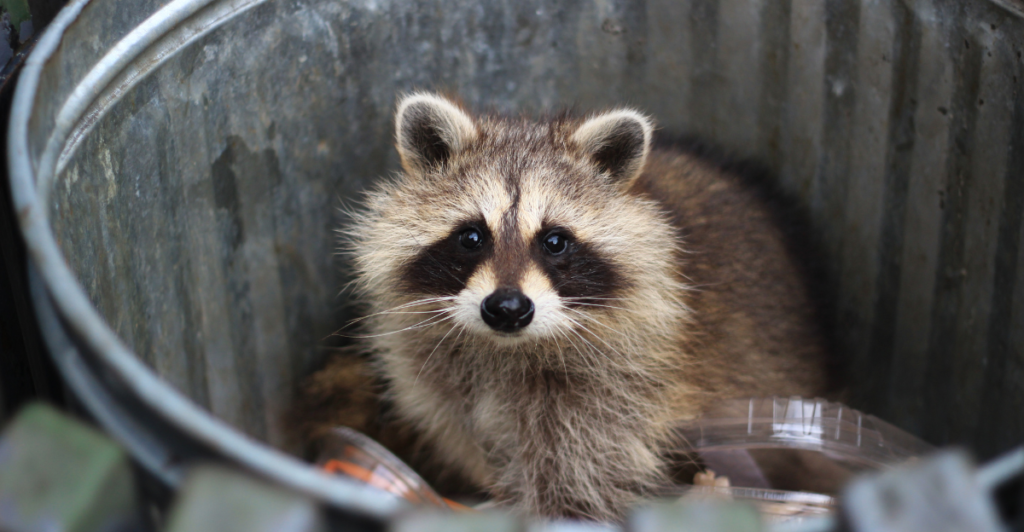
In urban areas, raccoons manage waste by eating scraps left behind by humans. They contribute to urban ecology by participating in the natural cycle of life, helping to break down organic materials and maintain balance within the ecosystem.
Biodiversity Support

Coexisting with raccoons supports local biodiversity. A diverse ecosystem is more resilient and better able to withstand environmental changes. Allowing raccoons to thrive in your yard contributes to a healthier environment for all wildlife.
Health Benefits of Coexistence
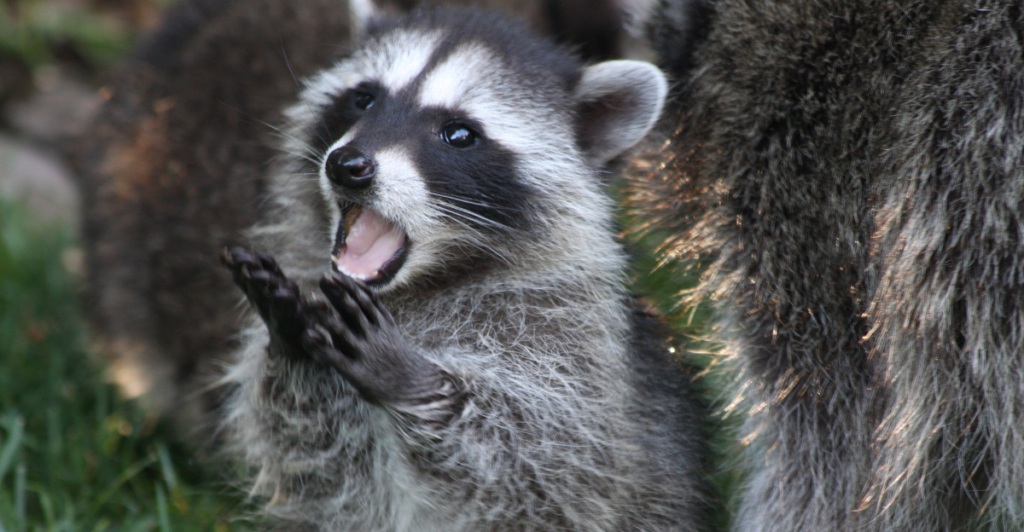
Coexisting with raccoons can promote mental well-being. Observing wildlife has been shown to reduce stress levels and increase feelings of happiness and contentment. This connection with nature enhances your overall quality of life.
Coexistence is Key
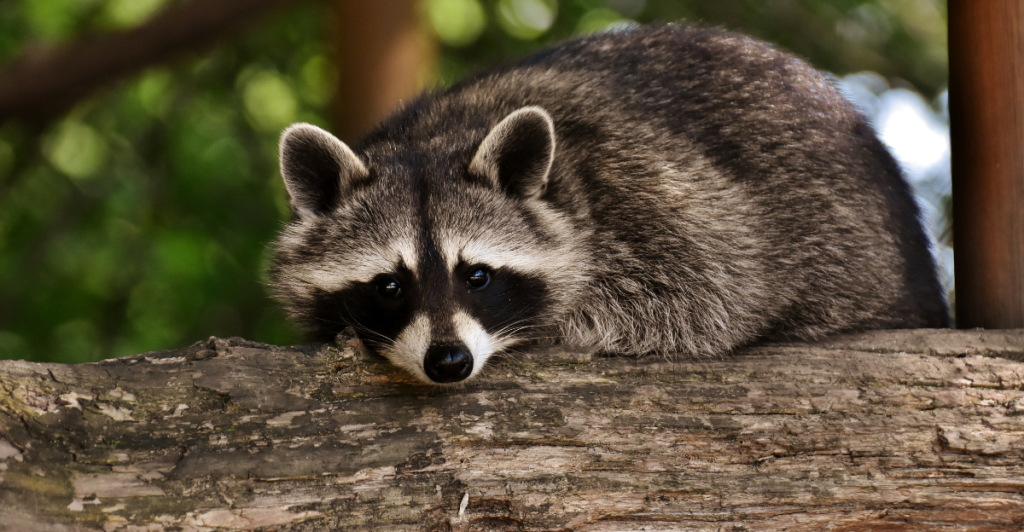
Instead of trying to kick raccoons out of your yard, consider ways to coexist peacefully with them. Their presence can enhance your yard’s ecosystem while providing numerous benefits that far outweigh any potential negatives. Embracing wildlife can lead to a richer, more fulfilling outdoor experience!
Discover more of our trending stories and follow us to keep them appearing in your feed

Lake Shasta’s Remarkable Recovery From Drought Captured in Stunning Images
13 Most Dangerous Animals in America
The 11 Smells That Raccoons Can’t Stand
12 States That Have Rolled Out the Welcome Mat for Raccoons
Stay connected with us for more stories like this! Follow us to get the latest updates or hit the Follow button at the top of this article, and let us know what you think by leaving your feedback below. We’d love to hear from you!







